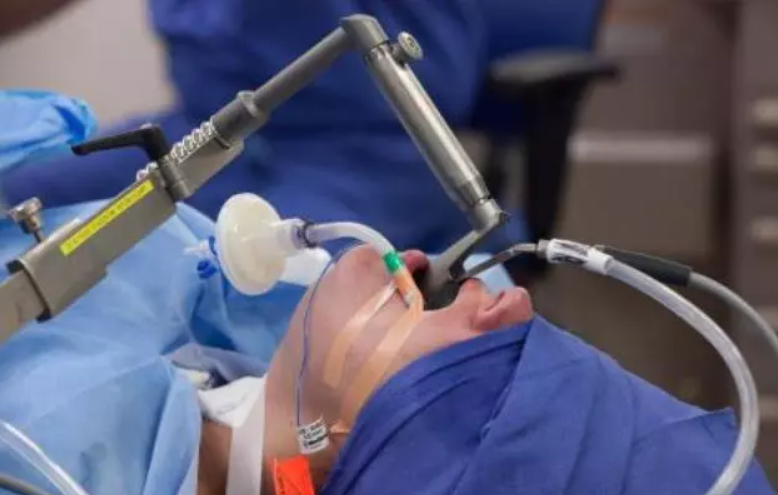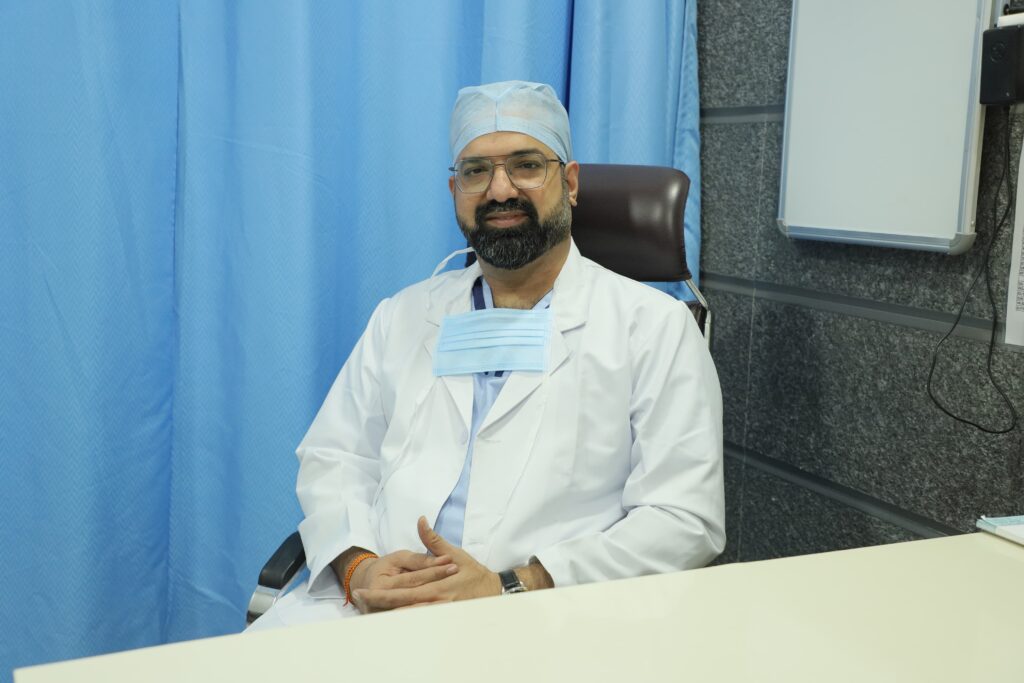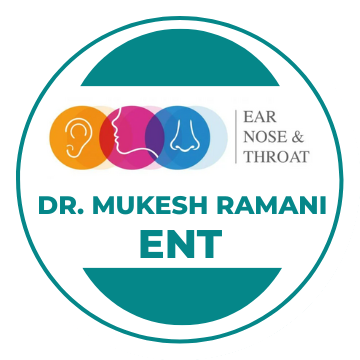Services
We Provide

Understanding Microlaryngeal Surgery: Precision Treatment for Voice Disorders
Microlaryngeal surgery, also known as laryngeal microsurgery, is a specialized procedure performed to diagnose and treat various disorders affecting the larynx (voice box). This minimally invasive surgical approach utilizes advanced microsurgical techniques and specialized instruments to access and operate on delicate structures within the larynx. Microlaryngeal surgery is commonly used to treat conditions such as vocal cord nodules, polyps, cysts, and other benign or malignant lesions that affect voice production. By targeting the affected areas with precision, microlaryngeal surgery aims to restore vocal function and improve voice quality for individuals experiencing voice disorders.
The Surgical Process
During microlaryngeal surgery, the surgeon utilizes a laryngoscope, a thin, flexible instrument equipped with a miniature camera and light source, to visualize the larynx. This allows for detailed examination of the vocal cords and surrounding structures. Through specialized microsurgical instruments, the surgeon carefully removes or excises abnormal tissue growths, lesions, or other sources of obstruction that may be impairing vocal function. In some cases, additional procedures such as vocal cord injection or medialization laryngoplasty may be performed to optimize vocal cord function and restore voice quality.
Recovery and Post-Operative Care
Following microlaryngeal surgery, patients typically experience a brief period of recovery. Sore throat, mild hoarseness, and temporary voice changes are common in the immediate post-operative period but typically resolve within a few days to weeks. Voice rest and modification of vocal behaviors may be recommended to promote healing and prevent strain on the vocal cords. Patients are advised to avoid strenuous vocal activities, such as shouting or singing, during the initial healing period. Close follow-up with the surgeon is essential to monitor healing progress and assess vocal function.
Benefits and Considerations
Microlaryngeal surgery offers several potential benefits, including improved voice quality, enhanced vocal function, and relief from voice disorders that may impair communication and quality of life. By targeting specific areas within the larynx with precision, the procedure aims to address underlying causes of voice disorders and restore optimal vocal function. However, like any surgical intervention, microlaryngeal surgery carries inherent risks. These may include bleeding, infection, temporary or permanent changes in voice quality, or recurrence of vocal cord lesions. The likelihood of complications varies based on factors such as the nature and extent of the vocal cord disorder, the patient’s overall health, and the expertise of the surgical team.
It is crucial for individuals considering microlaryngeal surgery to engage in thorough discussions with their healthcare providers, weighing the potential risks against the anticipated benefits before making informed decisions about the procedure.
18+
years
of experience

Dr. Mukesh Kumar Ramani
Dr. Mukesh Kumar Ramani is a dedicated Specialist ENT Surgeon at Aster Clinic (Aster Jubilee Medical Complex) in Burdubai, Dubai. With over 18 years of experience in the field, Dr. Ramani has garnered expertise in various aspects of Otorhinolaryngology.
He completed his MBBS from Thanjavur Medical College, Tamilnadu, India, followed by MS (ENT) from B. J. Medical College, Ahmedabad, India, and DNB from the National Board of Examinations, New Delhi, India. Dr. Ramani’s extensive academic background is complemented by his passion for delivering high-quality patient care.
